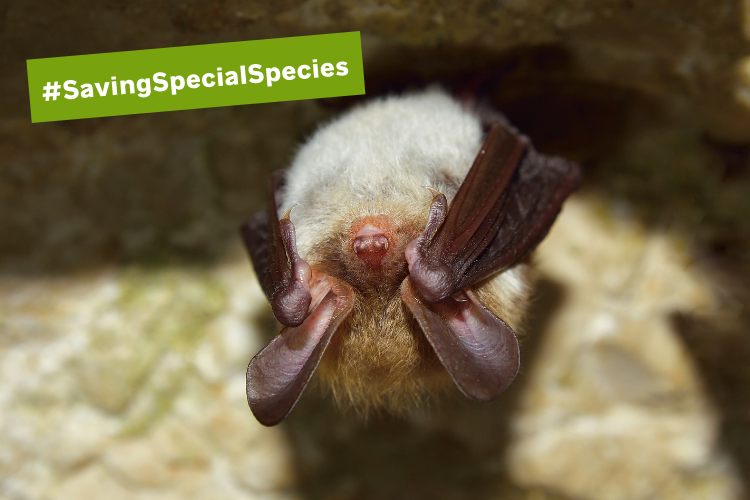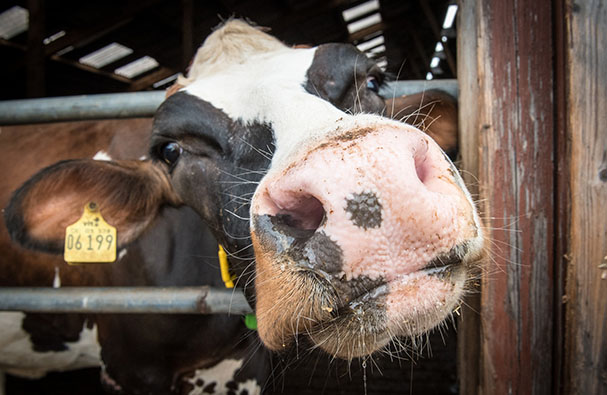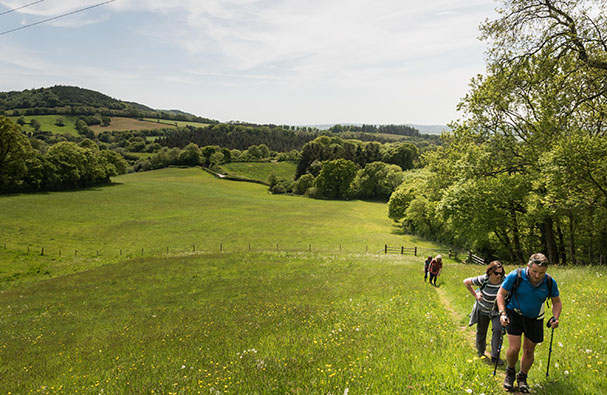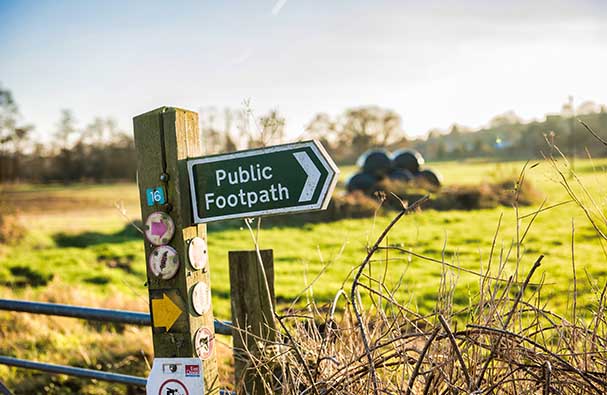Myotis bechsteinii
#SavingSpecialSpecies Projects
Bechstein’s bats are very secretive and like to avoid humans, so there is still a lot we don’t know about them.
We do know that we have a small population of this very rare bat here, at the edge of their range, in the East Devon AONB.
Typically, they rely on mature woodland for roosting, foraging, and hibernating. Woodpecker holes and deep cracks or crevices in old trees are preferred roosts and during the summer, groups of females will roost together to give birth and raise their young.
Curiously, in East Devon they seem to be using more open countryside; perhaps seeing our mosaic of small fields, copses, woodlands, and numerous hedges with hedgerow trees, as a very ‘open woodland’.
Why are they in trouble?
Bechstein’s bats need trees. Their reliance on ancient mature woodland for both roosting and foraging makes them very sensitive to the loss and fragmentation of this crucial habitat.
They are also vulnerable to intensive woodland management practices that can lead to the loss, destruction and disturbance of roosts or potential roosts (particularly in old trees).
%
of the UK’s land mass is covered in ancient woodland
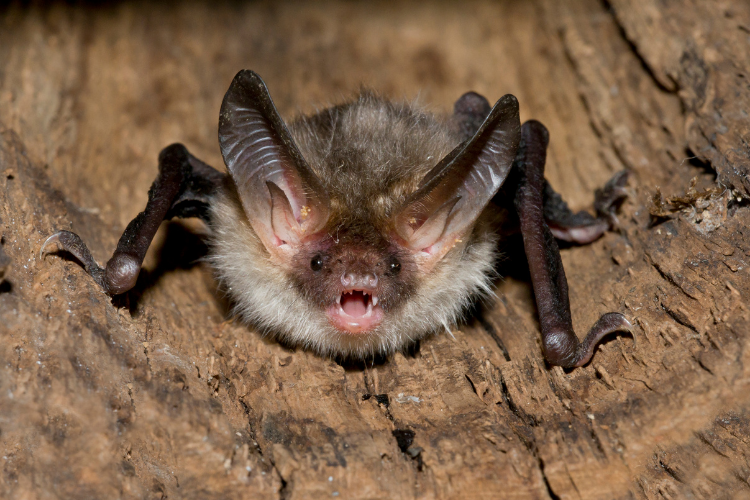
How will we help this special species?
Our work will focus on helping to stabilise the local population.
We need to understand more about the locations and behaviour of Bechstein’s bats in our area, so the project will fund a range of equipment to help our experts and volunteers gather the information we need to target future conservation activity.
Local Bechstein’s are known to hibernate in Beer Quarry Caves, with further recorded roosts in east Devon trees. We will liaise with landowners to safeguard roost sites, with the introduction of bat boxes in key areas to help maintain existing populations.



LATEST NEWS
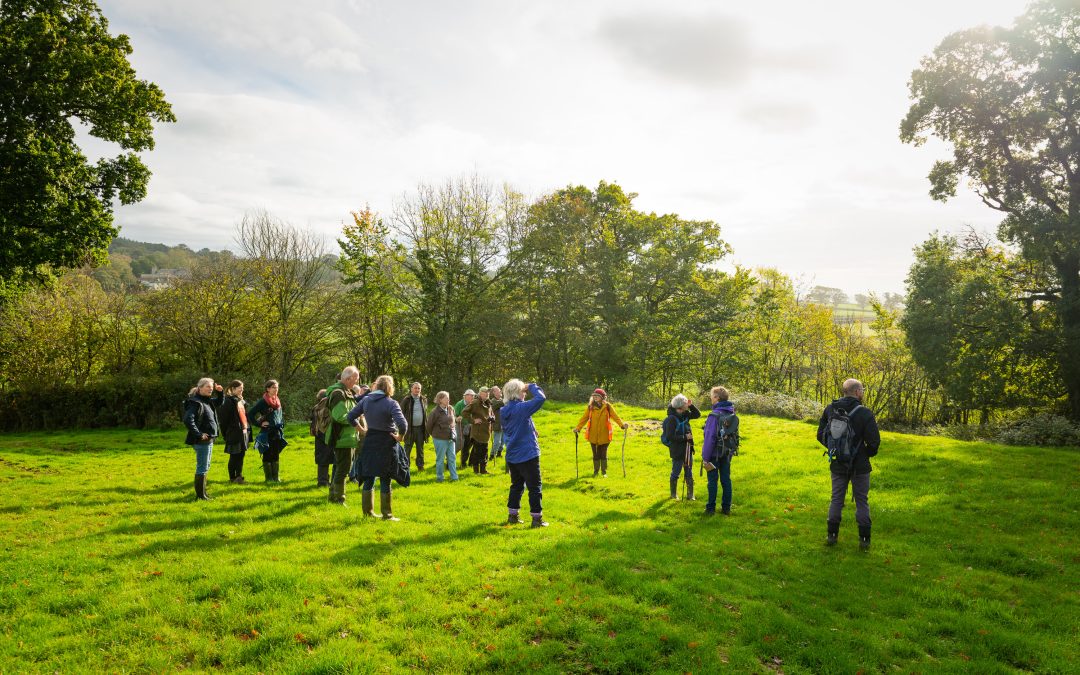

Areas of Outstanding Natural Beauty Renamed National Landscapes
Areas of Outstanding Natural Beauty Renamed National Landscapes New name and brand underpin ambitious nature and climate targets Today, [Wednesday 22 November] marks a historic moment for East Devon and the nation as a whole, as all designated Areas of...
Project contact
For further information on our species recovery project,
contact the:
East Devon AONB Team
PROJECT FUNDING




More to Explore
East Devon AONB Projects
We lead, partner and support projects that focus on a wide range of themes, including landscape and heritage, environmental quality and climate, biodiversity, recreation and tourism.
Outdoors & Active
Whether you prefer walking, cycling, running or playing, everyone feels happier and healthier when they spend time in nature being more active.
East Devon Way
Discover the hidden gems of East Devon and explore this much loved walking route that links 40 miles of public footpaths, trails and bridleways.
